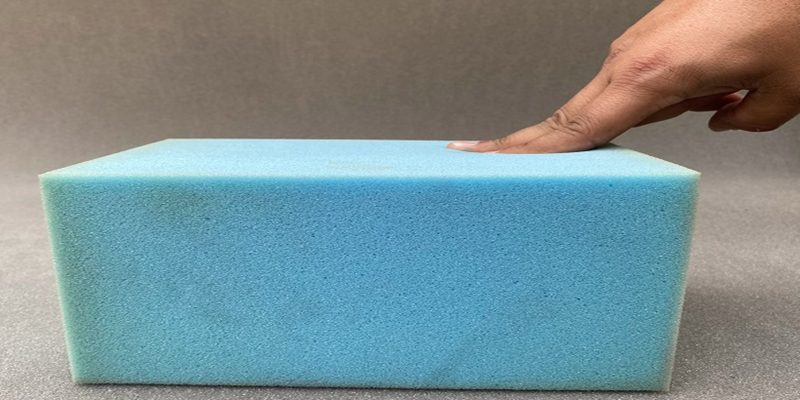The polyurethane industry has long relied on tin-based catalysts due to their effective role in accelerating reactions and curing processes. However, environmental and health concerns have prompted a search for viable alternatives. One promising substitute is MXC-B20, a bismuth carboxylate catalyst that offers numerous advantages over traditional tin-based catalysts.
Why Consider Alternatives to Tin Catalysts?
Tin-based catalysts, such as dibutyltin dilaurate (DBTDL) and stannous octoate, have been widely used in polyurethane production. Despite their effectiveness, these catalysts pose significant environmental and health risks. They can be toxic and are often associated with regulatory restrictions, making it essential for manufacturers to explore safer options.
MXC-B20: A Bismuth Carboxylate Catalyst
MXC-B20 is an innovative bismuth carboxylate catalyst designed to address the drawbacks of tin-based catalysts. This catalyst functions as a cocatalyst with tertiary amines, enhancing polyurethane reactions and curing processes. Here’s a closer look at what makes MXC-B20 a superior alternative:
1. Environmental Friendliness:
MXC-B20 is free from hazardous substances such as 2-ethylhexanoic acid (2-EHA), dibutyltin (DBT), and tributyltin (TBT). This makes it a more environmentally friendly option compared to traditional tin-based catalysts, aligning with increasing regulatory and market demands for safer chemical formulations.
2. Enhanced Performance:
At low dosages, MXC-B20 increases the front-end viscosity of polyurethane mixtures, thereby extending latency. This characteristic is particularly beneficial as it allows for better control during the initial processing stages while ensuring excellent back-end curing.
3. Versatility:
This catalyst is compatible with common hard and soft foam polyols, making it suitable for various polyurethane applications. Whether it’s flexible block foam, high-density flexible foam, spray foam, microcellular foam, or hard foam systems, MXC-B20 proves to be a versatile and effective catalyst.
4. Tin-Free Alternative:
By replacing tin-based catalysts with MXC-B20, manufacturers can significantly reduce the environmental footprint of their products. This tin-free alternative also mitigates the risk of toxicity, promoting a safer workplace and end product.
5. Comparable or Superior Results:
Despite the absence of tin, MXC-B20 does not compromise on performance. Its ability to act as a cocatalyst with tertiary amines ensures that the curing process is efficient and effective, often yielding results comparable to, or even better than, those achieved with tin-based catalysts.
Conclusion
The shift towards safer and more environmentally friendly catalysts is a significant trend in the polyurethane industry. MXC-B20, with its unique properties and benefits, emerges as a compelling alternative to traditional tin-based catalysts. Its compatibility with a wide range of polyols, coupled with its enhanced performance and environmental credentials, makes it a superior choice for manufacturers seeking to innovate and improve their polyurethane products. Embracing MXC-B20 not only aligns with regulatory requirements but also promotes sustainability and safety in polyurethane production.
Post time: Aug-06-2024

